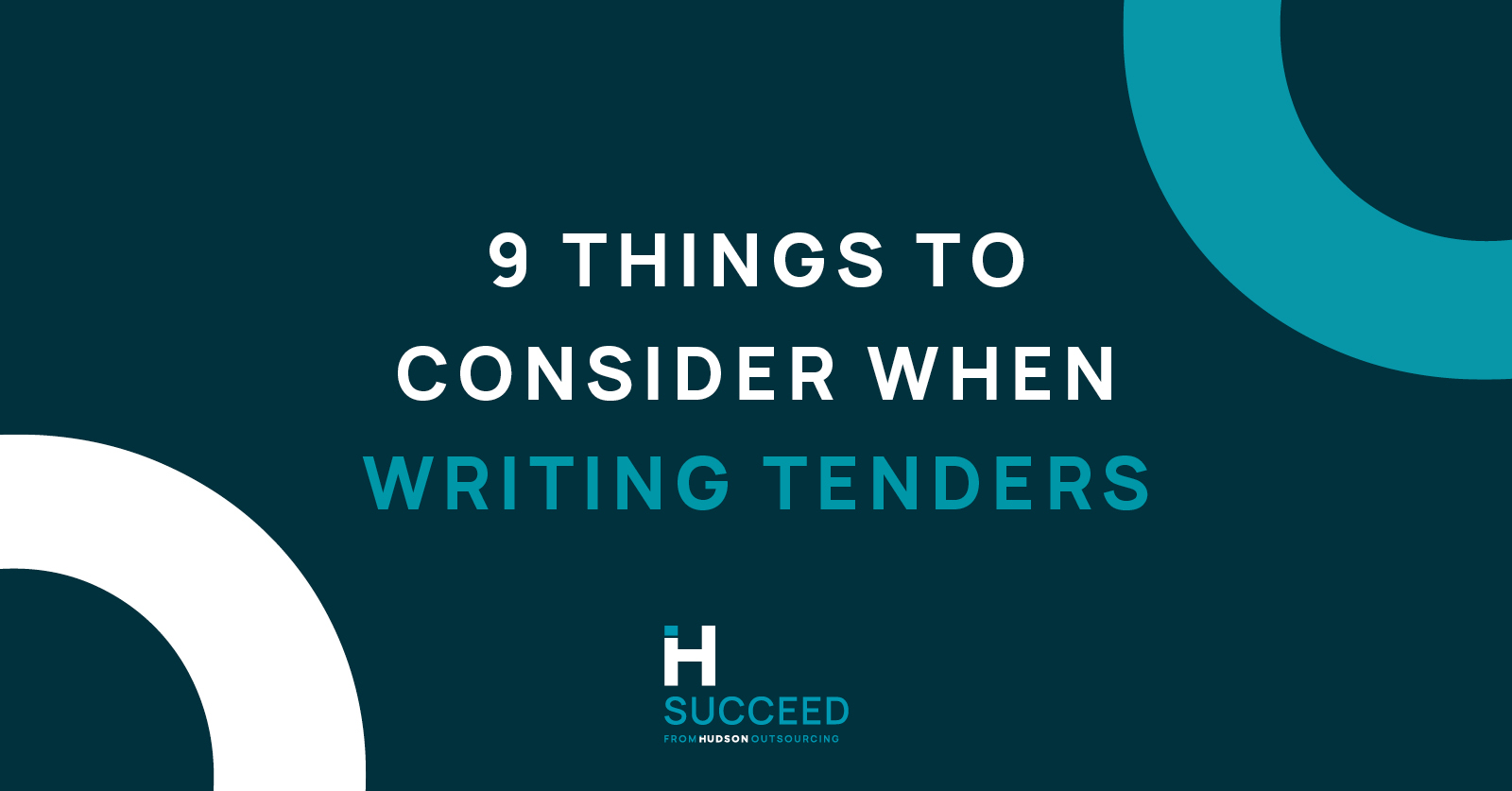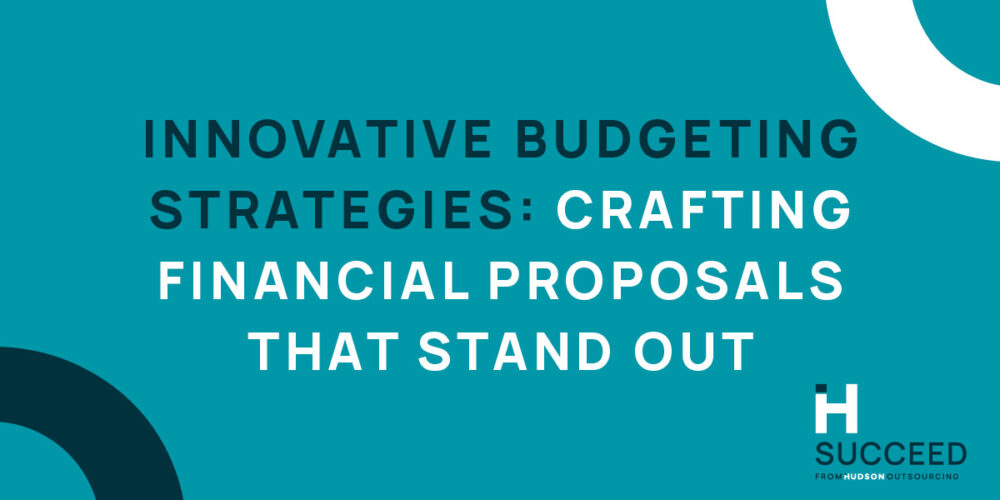Top Tips for Writing Tenders
[Last modified: July 2021]
Writing tenders can be a great way to grow your business. However, it can be time-consuming and a rather daunting process if you’re new to it. This blog is here to remind you about some key things to take into consideration before you start writing bids.
Here’s our writing tips when it comes to tendering for contracts:
-
Time Management
When writing a tender, it’s important to take into account time management. It’s one that’s not to be underestimated. Tenders can range in size depending on the industry or sector. Dynamic Purchasing Systems (DPS) and framework agreements, in particular, can be considerably lengthy. So, you want to make sure you’ve planned enough time.
Deadlines are final and there are no exceptions or extensions – so managing your time is key. You will want to note down the time and date of the submission and plan accordingly. Set yourself realistic time constraints. Plan the work and allow plenty of time to go into detailed responses, hitting the word counts required.
Before you even begin writing the tender, you need to consider if you can actually deliver the contract. You’d be surprised how often this fundamental question slips the mind of some.
-
Your trading length matters
In our experience, of over 40 years of bid writing, we have noticed that three is the magic number. Three years of trading is often the minimum amount of time required by buyers if applying for tenders. Buyers can sometimes ask to see at least three years of accounts. The accounts will usually need to be presented in the name that your business is currently trading under.
However, this doesn’t always apply to every tender and is a generalisation. It’s worth considering, nonetheless. Subcontracting opportunities often don’t require the same trading length or period of accounts. Moreover, the care industry, for example, has offered younger businesses a chance to start their journey on spot provider frameworks.
-
Clarification questions
You may come across something you’re unsure of when going over something in the tendering process. If this happens you should ask a clarifying question on the tender portal. You should ask the clarification question(s) sooner rather than later. This is because the clarification deadline may be significantly before the submission deadline.
If a significant error is brought to the buyer’s attention, it may result in them withdrawing the tender all together. They could also delay the submission deadline as a result. If this happens, you don’t want to waste time writing a response for it to then get withdrawn down the line. Therefore, it’s better to ask ASAP.
It’s also helpful to read the clarification questions from other bidders in case someone else has noted something of stature. If you do have a clarification question you want to ask, it’s probably best that you keep it anonymous.
-
The relevant industry-specific policies, qualifications and accreditations
Each industry is different, and when your writing tenders you may be asked for industry-specific policies, qualifications or accreditations. The policies asked for in care tenders will be different to policies asked for in construction. You want to make sure that you have the required qualifications, policies and accreditations before you apply.
It’s worth noting that public and private tenders may have different requirements for policies or accreditations. Look at the social care industry for example. 60% of public sector tenders we have worked with required suppliers to have an ISO 9001 prior to contract commencement.
Below are some examples of industry-specific policies, qualifications and accreditations that you may need when writing tenders.
Construction
Construction tenders cover a range of subsections from painting to architecture and masonry to demolition. There are some industry-specific qualifications and accreditations that are needed before you start writing your construction tenders. These could include:
- PAS91
- ISO 9001; 14001; 27001;
- CPCS Cards (Construction Plant Competence Scheme)
- Constructionline
- CHAS (Contractors Health and Safety Assessment Scheme)
- SAFEcontractor
- OSHCR (Occupational Safety and Health Consultants Register)
- RICs (Royal Institution of Charted Surveyors)
- BIFM (British Institute of Facilities Management)
- PMP (Project Management Professional)
- RIDDOR
Security
Security tenders can range from manned guarding to key holding and from CCTV to cybersecurity. The qualifications needed could be specific to the various jobs at hand which could be:
- SIA (Security Industry Authority) licences
- CyberEssentials
- ISO 9001; 14001; 18001; 27001; 45001
- CHAS
- SMAS
- NSI
- NASDU
You will need to consider the mobilisation and service delivery aspects of a security tender. This could be formatted via Gantt Chart. What systems do you have in place to actually deliver the service? Do you have any innovative solutions that aren’t simply paper logs?
Healthcare
Depending on the area of healthcare, there are some accreditations that are needed when writing tenders. Some subsectors of healthcare range from domiciliary care to social care and medical supplies to supported living. The accreditations and qualifications that could be required within a healthcare tender are:
- ISO 9001; 27001
- NVQs (usually level 3 or above)
- CyberEssentials
Healthcare tenders are usually in the form of framework agreements or DPS. These systems and frameworks are used to appoint multiple organisations to provide healthcare goods/services. They can run the course of several years and you can join any time they’re open. Securing a framework contract or DPS can be lucrative, placing your business in good stead for the future.
-
Most economically advantageous tender (MEAT)
When applying for public sector tenders, you will need to remember to be the most economically advantageous tender (MEAT). You need to bear in mind that this does not mean the cheapest bid. The MEAT allows the buyer to award the contract based on aspects on the tender submission other than just price. These can include:
- Technical Ability
- Accessibility
- Proposed design
- Innovation
- Customer service
- Ability to deliver on time
- Quality
- Environmental benefits
Each aspect can be looked at by the client independently or in a mix with other considerations.
-
Economic Financial Standing
Your organisations economic financial standing is typically assessed on a PQQ. Buyers will do this to assess the suitability of the supplier. It reflects the multiple financial aspects of your business. These are:
You typically need to attach your most recent audited and unaudited accounts.
This is usually found in your full financial accounts and can include the ratio of your assets to liabilities. For example: acid-tests or quick ratios.
You often need to attach your insurance documents. You may also need to commit to potentially increasing your insurance before the contract commencement.
It’s worth bearing the 2014 Public Procurement Directive in mind when choosing which tender to apply for. You want to aim for opportunities thar are half of your turnover or lower. For example, if you’re turning over £100,000, the most you can bid for will be £50,000. Unless there are specific circumstances that may justify it, going over this amount is extremely rare.
-
Case studies
Case studies are usually asked more in the PQQ stage. You will be required to include two to three past contracts of a similar nature to the job at hand. These examples must have been carried out within the last five years.
Buyers want to know that you have done work of a similar calibre and know what you’re doing. You want to make sure you’re keeping the examples relevant. For example, imagine you are writing a tender for social housing in Wolverhampton. If your only experience is a Nuclear powerplant in Japan, it’s unlikely that you’re suitable for the job at hand. Buyers want to see you demonstrate how you’ve handled similar past projects. Take geographical location into account, too.
Word counts vary but are typically around 500 words for this section. You may want to consider the following:
- Do you have experience with a project of a similar scale? What is the scale of the contract?
- Your management and subcontractors if applicable.
- How did you mobilise and deliver the contract?
- What challenges did you encounter and how did you overcome them?
- Did you finish on time and within budget?
-
Social value
Social value is an ever-important consideration that you do not want to overlook when writing tenders. These social value responses now carry a mandatory 10% weighting within the quality section for government contracts. In some tenders, it could hold the weighting of 30%. This section will need to focus on the wider, positive impact businesses will provide when delivering the contract. Including the economic, social and environmental impact of the project and how your organisation plans to address these. Businesses could be assessed on:
- How you are creating new jobs or skills to tackle economic equality.
- How you are supporting COVID-19 recovery.
- The environmental considerations such as reducing waste and how your organisation is tackling climate change.
- The equal opportunity policies you implement within your business.
-
Buyers care about the quality of your writing
The quality of your writing is important no matter the sector you’re in when you’re writing bids. As mentioned above, the weightings can vary and is split between price and quality. You obviously will want to score highly on the quality response. There are a few things to bear in mind when writing tenders:
- Make sure your answers are comprehensive.
- Be persuasive, not descriptive.
- Have attention to detail whilst being clear and concise.
- Don’t allow the buyer to make assumptions.
- Try and write responses that are as close to the word or page count as possible.
If you’re struggling with writing tenders and need a bit of help – we offer four tender writing services.
Call or email us for a free quote and find out how we can help your business grow.
Find more helpful tips and advice in our blogs. We cover topics including:





